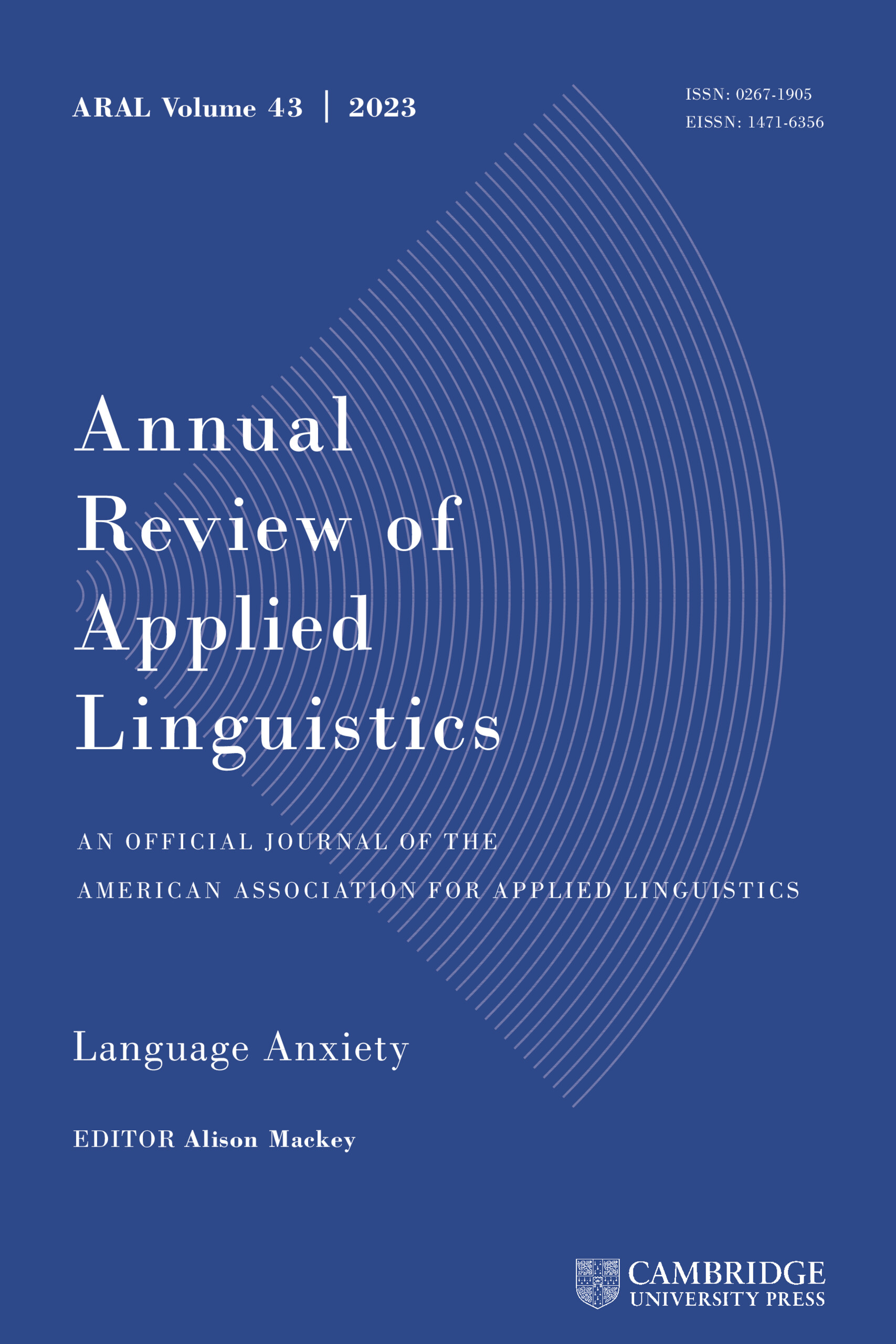No CrossRef data available.
Article contents
Literacy in Monolingual Societies
Published online by Cambridge University Press: 19 November 2008
Extract
The multidimensional and interdisciplinary research on literacy has progressed so rapidly that researchers have responded to its growth in a number of ways which includes the occasional production of bibliographies. The most recent book-length bibliography by Graff stresses the multifaceted aspect of the research, admitting at the same time that approaches to literacy are too ubiquitous to enumerate (1981b:8). Among the important approaches to literacy, the following are noteworthy: historical, anthropological, sociological, economic, demographic, developmental, psychological, and linguistic. All of these approaches have two properties in common: first, they directly or indirectly address themselves to the questions of acquisition of reading and writing skills in pre-literate and semi-illiterate societies; and second, they study literacy without any significant reference to the monolingual (henceforth, ML) or multilingual structure of a speech community. The second reason thus explains the dearth of studies. Literature focusing on literacy in ML or multilingual societies is negligible. With advances in the field of sociolinguistics, this aspect of literacy research is no longer virgin territory.
- Type
- Literacy Issues
- Information
- Copyright
- Copyright © Cambridge University Press 1983




